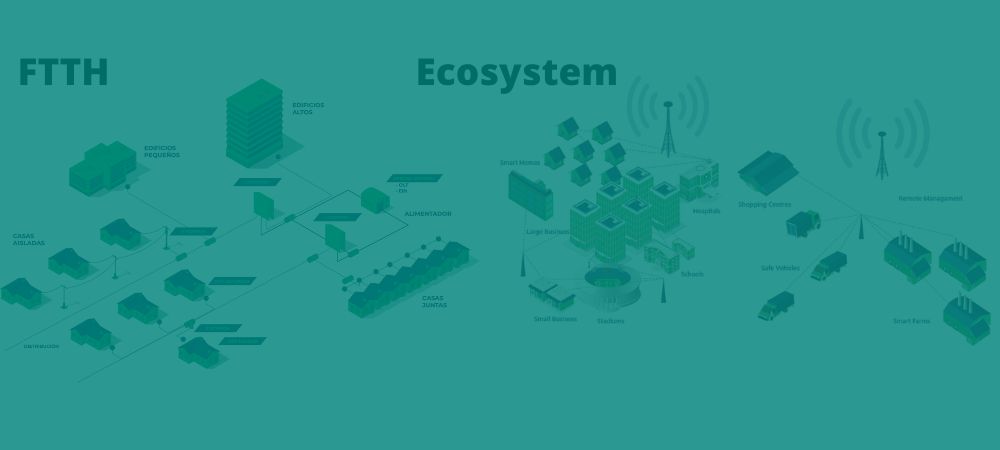 We are experiencing a collective crisis that unites us in similar circumstances. There are work teams with people on sick leave, with family or friends in critical situations, with economic problems, with uncertainty and fear, in short, it is time to show solidarity and support each other.
We are experiencing a collective crisis that unites us in similar circumstances. There are work teams with people on sick leave, with family or friends in critical situations, with economic problems, with uncertainty and fear, in short, it is time to show solidarity and support each other.
Scrum teams share 5 values: Commitment, Focus, Openness, Respect and Courage, and we could add Proactivity. I am going to describe them in order to show how demotivation is a threat to the implementation of these values:
1. Commitment, which translates into the maximum effort that the team makes to meet the goal of each Sprint. It is not a compliance contract, it is a commitment to dedication, quality, to be better professionals, to transparency, to continuous improvement. A team where demotivation reigns will hardly be able to commit to its maximum effort.
2. Focus, on only the priority and necessary tasks, avoiding distractions so that we can deliver faster, work better together and obtain higher quality results. When there is demotivation, there is dispersion and difficulties in achieving the objectives to be achieved.
3. Openness, refers to sincerity, open and receptive attitude, which is evidenced by the transparency with the work being done, information, communications and obstacles that the team may have. Any problems a team member has in moving forward smoothly is a team problem, therefore, concerns and demotivation should be addressed within the team.
4. Respect, for knowledge, for professional experience, for the information that must be available to all and for what everyone has to say. The team works collaboratively to optimize the time and resources involved, and this includes respect for people and their circumstances. Demotivation prevents us from giving the best of ourselves at all times.
5. Courage, to always do the right thing, adapting to change, even if it means undoing advanced work, resolving impediments, bringing problems to light, recognizing mistakes, and continuously improving, being transparent and learning from one’s experiences. A demotivated team has low morale and thus may not have the courage to face and solve its challenges.
6. Proactivity, which, although not part of the Scrum guide, refers to empowering the team to take responsibility for their decisions, putting their values first, and thereby filtering behaviors and actions that are not aligned with the values of an agile team. We will hardly see proactivity in an unmotivated team.
I hope I have made it clear that an agile team needs to take care of the motivation of its members to work according to values that enhance the performance of the work team. Here are some practices that can help you to overcome team demotivation:
1. Contributes to creating and maintaining an environment of trust where emotions are allowed to be expressed without question.
2. Lead by example, sharing your emotions with the team.
3. Accept support from your team with gratitude and humility.
4. Shows empathy for expressions of distress or concern that a team member is allowed to share.
5. Make frequent public acknowledgements of the efforts that we know are being made by those affected.
6. Promotes patience and tolerance, sometimes the affected persons are more irritable and may make more mistakes.
7. Do not ignore the person of the team that in certain circumstances presents difficulties, it can happen to all of us, be patient and involve him/her in the team’s decisions.
8. It is time to compensate and promote cooperative work, where a task was made possible thanks to the intervention of several people in the team.
9. Be on the lookout for behaviors that show that someone is going through a bad time, for example, keeping to themselves and keeping quiet. Let’s reach out and take a genuine interest in understanding what is going on and see how you can be helped.
10. In the Retros, open a space that facilitates a close, personal interaction, where agreements and actions that help to raise the team’s spirits are sought.
Cheer up everyone!
María Esther Remedios
@soy.agile.coach




